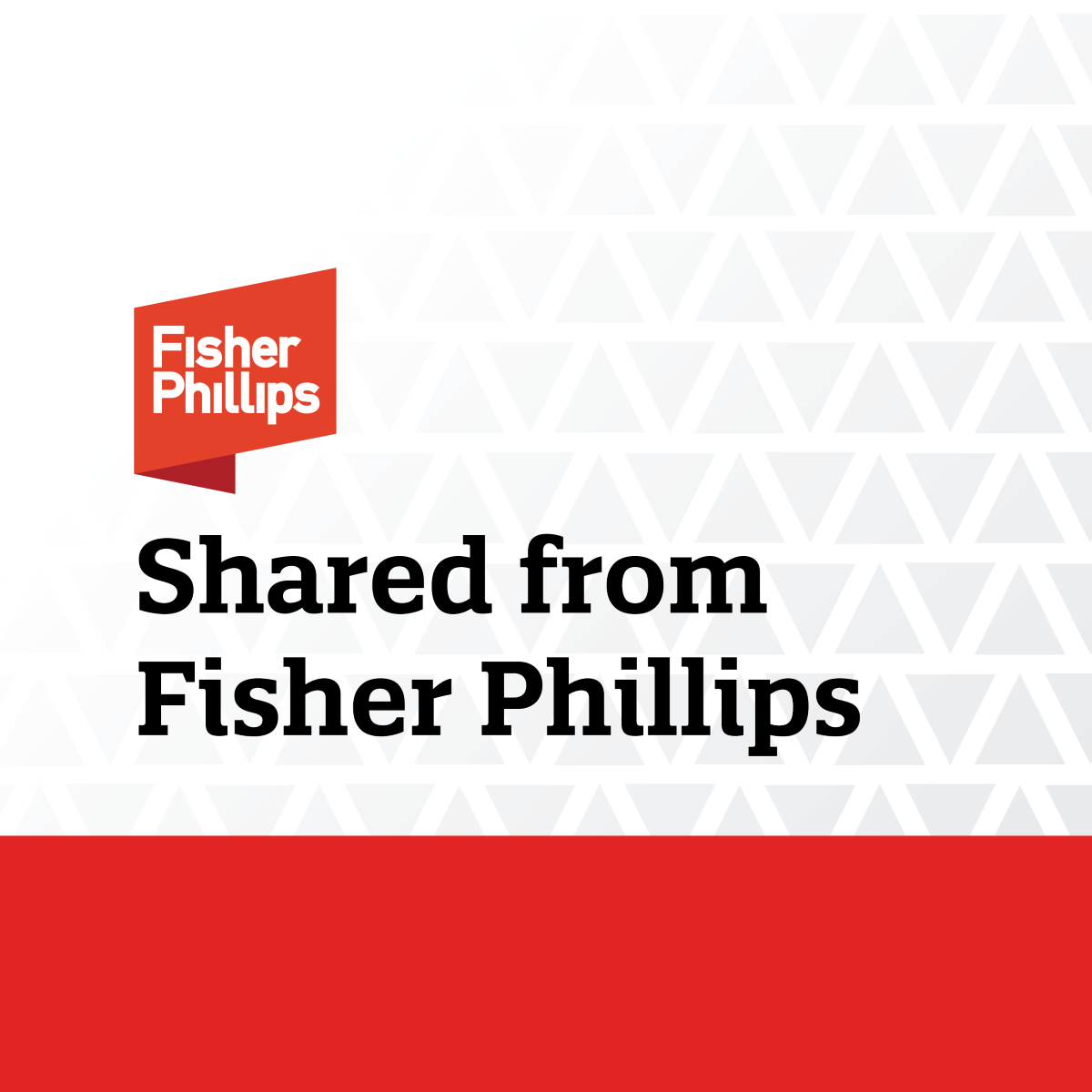In what resembles the commandments of ancient sages, the French sociologist and philosopher Edgar Morin (1921) continues to sound the alarm bell about “the crisis in which our civilization is floundering,” warning in particular of the dangers of worsening violence and ignorance to the fate of humanity.
A few days ago, the French thinker – author of the book “Are We Walking into the Abyss?” – called for taking a position and “not forgetting just causes,” indicating that he takes a position of humanitarian concern towards those who are suffering “and at the present time they are in Gaza.”
The philosopher – author of the book “European Culture and its Barbarism” – added that the matter may not be easy, “In reality, not everyone is against war, and there are times when we are swept away by the current, and we are asked to choose a side and take a position. I take a position on human anxiety.”
This came in an interview with “The Great Library,” presented by the famous French journalist and literary critic Augustin Trabenard, where the French philosopher critically addressed the human reality in “today’s ambiguous and complex world, and the feeling of hatred that is spreading more in the world,” calling for not surrendering to hatred.
The author of “Lessons of a Century of Life” (2023) pointed out that we live in a world of uncertainty, where human destiny is something completely forgotten, and he explained this by saying, “Humanity has never been exposed to such a degree of danger, because if war spreads on a large scale… Nuclear and other weapons were used, and we do not know where we are heading, any decline, or any decline.”
He continued that we need to confront this world that appears chaotic, pointing out that chaos carries within it the forces of destruction and creation (formation) at the same time, citing the saying of the ancient Greeks that “the universe (or the world) is the son of chaos,” that is, a mixture of order and chaos together, and he added. “We need appropriate thinking that is able to understand this complexity and deal with it in the best possible way by changing strategy when necessary.”
The French philosopher – of Spanish Jewish (Sephardic) origins – is known for his positions in support of the right of the Palestinians to establish their own state, and an article he wrote in the French newspaper Le Monde in which he denounced Israeli policy led him to the French courts in 2004.
“War without hate”
The French philosopher called for what he called “not hating the enemy” and said, “I fought the (Second World) War without hating the Germans. I hated Nazism and its ideology, but I think the real issue is not surrendering to this inevitable process to which the false idea leads that we always face monsters.” Or people of the lower class, or animals, or monsters.”
The thinker – who called for proactive alert against wars – added, “The real issue is to know that all the people we were facing are human beings like us. How can we refrain from hatred? This is what we talked about in an article published in the Marianne newspaper on October 17 (last October). ) regarding the conflict in the Middle East.
The thinker, who believes that the human future will be full of surprises and doubts, called for teaching the culture of not being drawn into hatred, starting from school, adding, “We can be in a conflict of ideas, a conflict of people, a conflict of nations, but I believe that hatred is the worst of things, because it leads us “To despise others and deny their humanity, and to shameful acts. Unfortunately, it fosters all wars.”
He believed that the task of the intellectual is the most difficult, and has not appeared with such clarity in the history of culture, indicating that his role is to think, realize the complexity of reality, confront it, and express it.
Moran participated in the Spanish Civil War and had an experience with the French Communist Party in the early 1940s. He joined the ranks of the Communist Resistance, and joined the French army against Germany during World War II.
Youth and the salvation of humanity
Similar to his constant advice to younger generations, Moran says, “I believe that young people today must think about the salvation of humanity to which they belong… Young people must realize that the planet is threatened by general environmental degradation and that our civilization itself is threatened, and see all these threats.”
He added, “I praise the ability of young people to take stances, because when we are part of forces that are united and linked together against destruction and hatred, we feel comfortable inside. When I was a resistance – despite the terrifying era in which I lived – I was comfortable inside, because I was doing what was necessary.” “He did it.”
Regarding the role of poetry in life, he believes that poems “help me live. I love reading poems and reread them more than once,” and he added, “Poetry is not just something written, but must be lived. Lived poetry is, above all, to live in harmony and in society.” We live in love and amazement.”





